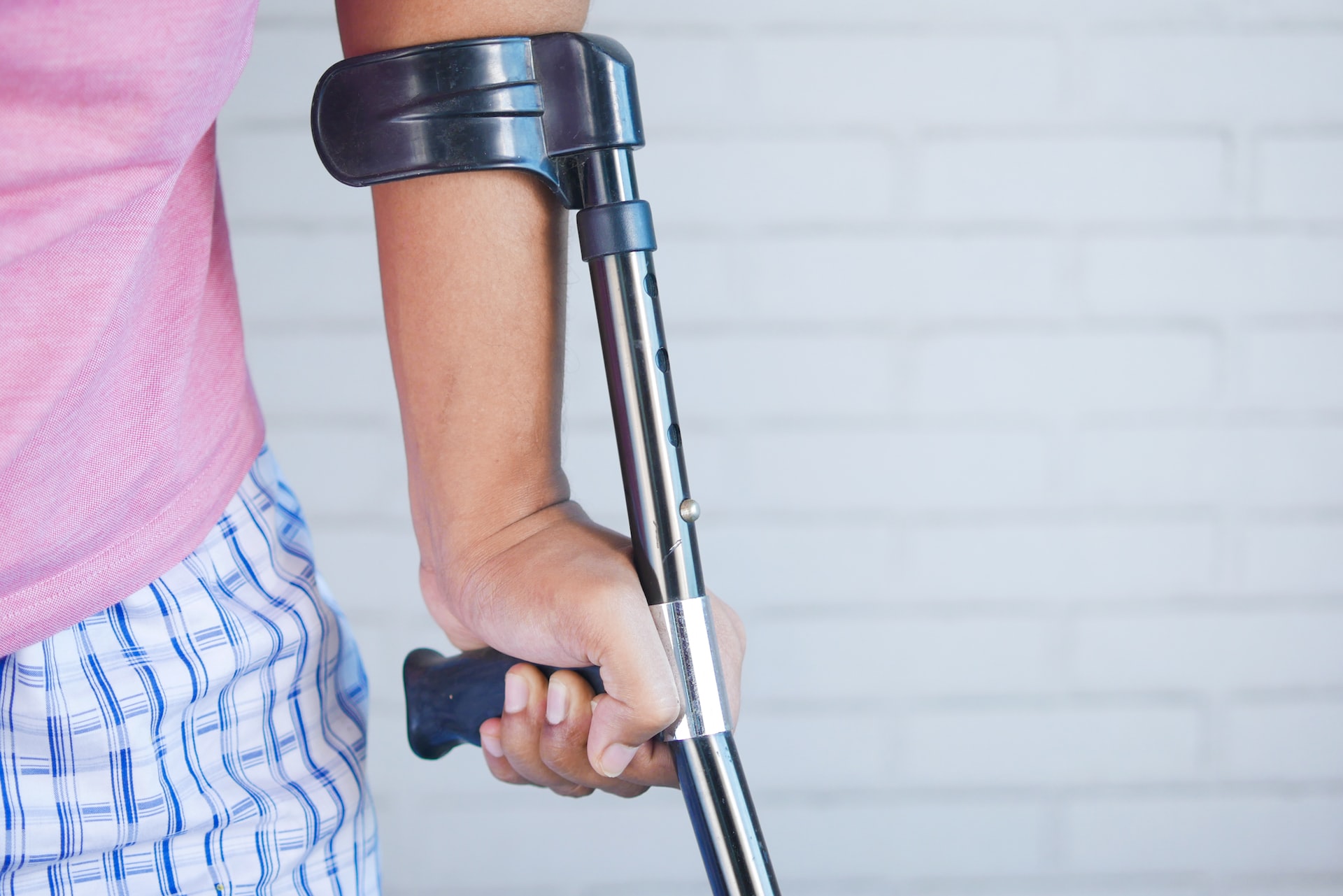
Can You Get a Compensation for Your Personal Injury?
Personal injury is a serious matter – it can affect your physical, mental and financial health. If you’ve been injured due to the negligence or carelessness of another person, you may be entitled to financial compensation.
In this blog article, I will explain the different types of personal injury, who is responsible for your personal injury, the legal process for making a personal injury claim, the different types of damages in a personal injury claim, how to prove fault in a personal injury claim, what evidence is needed to prove a personal injury claim, and more.
Introduction to Personal Injury
Personal injury is a legal term used to describe any physical, psychological, or emotional injury that is caused by another person’s negligence or carelessness. If you have suffered an injury as a result of someone else’s error or wrongdoing, you may be able to seek compensation for your losses.
It is important to note that personal injury claims can be complex and require a thorough understanding of the law. Therefore, it is important to speak with an experienced personal injury lawyer who can provide you with the best legal advice and represent you in court.
What are the Different Types of Personal Injury?
There are several types of personal injury claims. The most common types of personal injury include:
- Motor vehicle accidents
- Slip and fall accidents
- Medical malpractice
- Defective product injuries
- Dog bites
- Wrongful death
- Workplace injuries
These are just a few of the most common types of personal injury claims. Depending on the circumstances of your case, there may be other forms of personal injury that you can pursue. It is important to speak with an experienced personal injury lawyer to help you determine the best course of action.
What Causes Personal Injury?
Personal injury can be caused by a variety of factors. Common causes of personal injury include:
- Negligence – This includes failing to exercise reasonable care, such as not following safety protocols or failing to maintain a safe environment.
- Defective products – This includes products that are faulty or not properly tested.
- Intentional acts – This includes assault, battery, and other intentional actions that result in injury.
- Professional malpractice – This includes mistakes made by medical and legal professionals that result in injury.
- Dog bites – This includes any injury caused by a dog bite.
If you have been injured due to any of these factors, you may be entitled to compensation.
Who is Responsible for Your Personal Injury?
In order to pursue a personal injury claim, you must be able to prove that someone else was responsible for your injury. Generally speaking, the person who caused the injury is responsible for paying for your damages. This could be an individual, a company, or a government entity. It is important to speak with an experienced personal injury lawyer to help you identify who is legally responsible for your injury.
What is the Legal Process for Making a Personal Injury Claim?
The legal process for making a personal injury claim can vary depending on the circumstances of your case. Generally speaking, the process involves filing a lawsuit and negotiating a settlement. If the case goes to trial, the court will decide who is responsible for the injury and how much compensation should be awarded.
Before filing a lawsuit, it is important to speak with an experienced personal injury lawyer. A law firm like Schuerger Shunnarah Trial Attorneys, who advocate that they go to War For 214, is a reputable choice, so you should look for firms of a similar caliber in your area. A lawyer can help you understand the legal process, identify the responsible party, and determine the best course of action.
The Different Types of Damages in a Personal Injury Claim
In a personal injury claim, the court may award you damages to compensate you for your losses. Generally speaking, there are two types of damages that you can seek in a personal injury claim:
- Economic damages – These are damages that are designed to compensate you for your economic losses, such as lost wages and medical bills.
- Non-economic damages – These are damages that are designed to compensate you for your non-economic losses, such as pain and suffering and emotional distress.
The number of damages that you are entitled to will depend on the circumstances of your case. It is important to speak with an experienced personal injury lawyer to help you understand the different types of damages that you may be entitled to.
How to Prove Fault in a Personal Injury Claim
In order to pursue a personal injury claim, you must be able to prove that the other party was at fault for your injury. Generally speaking, you will need to prove four elements to establish fault:
- Duty of care – You must prove that the other party had a duty of care to act in a certain way.
- Breach of duty – You must prove that the other party breached their duty of care.
- Causation – You must prove that the breach of duty caused the injury.
- Damages – You must prove that you suffered damages as a result of the breach of duty.
It is important to speak with an experienced personal injury lawyer to help you understand the legal process and prove fault in your personal injury claim.
What Evidence is Needed to Prove a Personal Injury Claim?
The evidence needed to prove a personal injury claim will vary depending on the circumstances of your case. Generally speaking, you will need to provide evidence that the other party was at fault for your injury.
This could include medical records, eyewitness accounts, photographs, and other relevant documents. It is important to speak with an experienced personal injury lawyer to help you understand the evidence that is needed to prove your claim.
Conclusion
Personal injury is a serious matter – it can affect your physical, mental, and financial health. If you’ve been injured due to the negligence or carelessness of another person, you may be entitled to financial compensation.
It is important to speak with an experienced personal injury lawyer to help you understand the different types of personal injury, who is responsible for your injury, the legal process for making a personal injury claim, the different types of damages in a personal injury claim, how to prove fault in a personal injury claim, and what evidence is needed to prove a personal injury claim.


